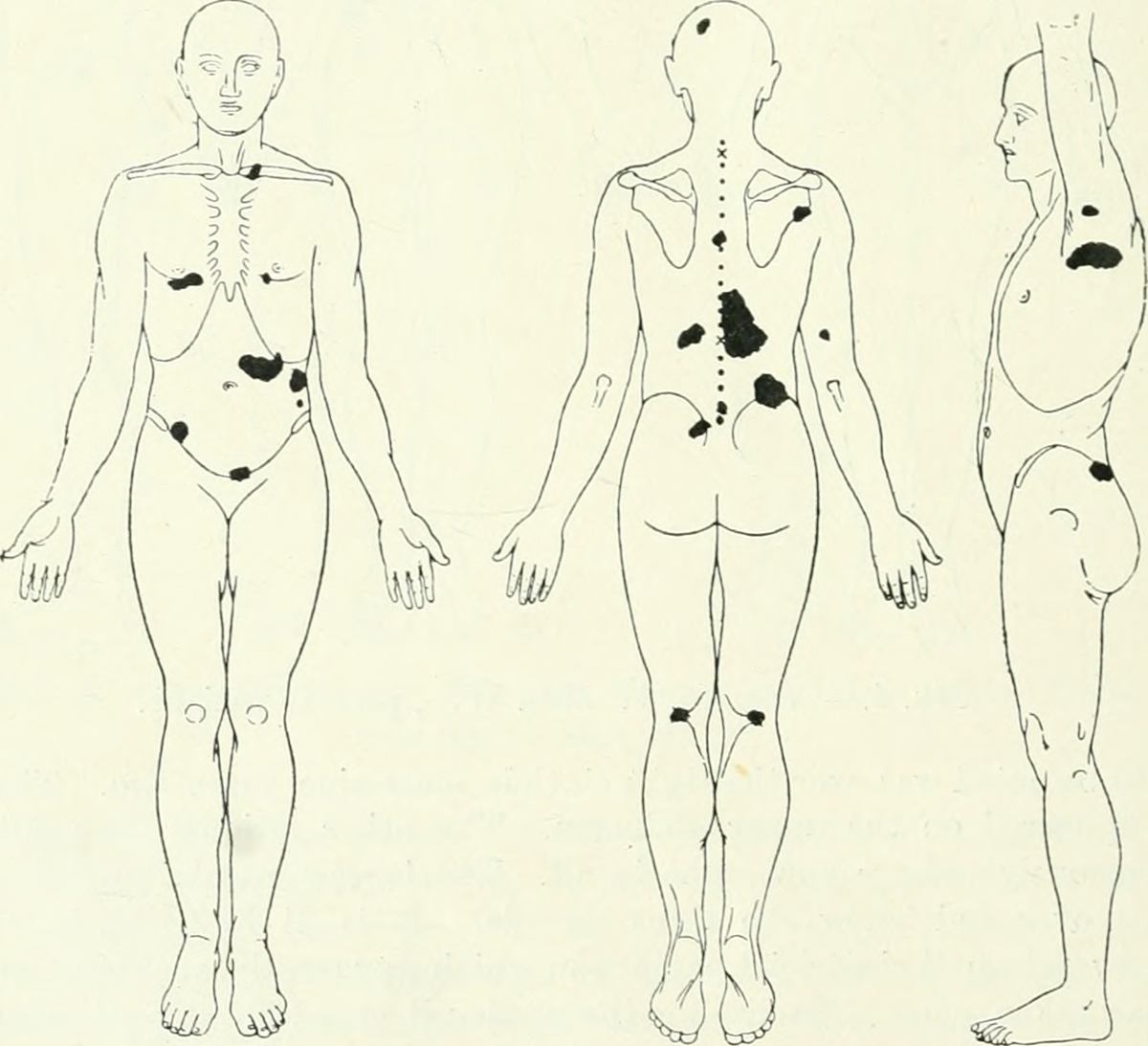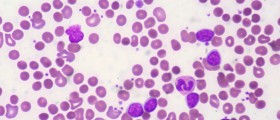
Lupus is the term used for the disease when the body’s immune system attacks organs and tissues. This disease is chronic and causes inflammation which has the negative effects on the skin, joints, lungs, blood cells, andheart. Although the reason is not known, this disease usually occurs inwomen. There are four classes of lupus: systemic lupus erythemotosus, which is the most frequent, and dangerous; discoid lupus erythemotosus; drug-induced lupus erythemotosus; and neonatal lupus erythemotosus. Peoplewho treat this correctly can have normal life, which is why it is important to consult the doctor once when the symptoms are noticed. The doctor will prescribe the proper medications and treatment according to the patient’s age, health, symptoms, and lifestyle.
Thereare four aims for lupus treatment. The first is to decrease the inflammation, then to make the immune system stronger and prevent or treat flares, and finally to prevent the appearance of the possible complications. Lupus can be mild or severe, and the medications depend on the seriousness of the disease. At the beginning of the treatment, the doctors usually prescribe four types of medicines: nonsteroidal anti-inflammatory medications, antimalarial medications, corticosteroids and immunosuppressives or also called disease-modifying anti-rheumatic drugs. Nonsteroidal anti-inflammatory drugs are available at the chemists’ even without the doctor’s prescription, although it is always recommended to visit and ask the doctor before starting the treatment with this kind of drugs. This kind of medications has analgesic, anti-inflammatory, and antipyretic features, and is used to treat joint pain, inflammation and swelling, muscle pain, and rib cage pain. Aspirin and ibuprofen are mostly used, but the side effects can appear, such as stomach bleeding, heart and kidney problems.
Of all the antimalarial drugs, hydroxychloroquine and chloroquine are most commonly in used. Lupus arthritis, skin rashes, mouth ulcers, fatigue, and fever are commonly treated with antimalarial drugs. In some cases these drugs can cause vision problems or muscle weakness. Using corticosteroids as medications for lupus can lead to several serious side effects such as high blood pressure, diabetes, thinning bones, the gaining of weight, and risk of some infections. It is recommended to take them in small doses, as well as with vitamin D and calcium as prevention for osteoporosis. Prednisone, Hydrocortisone, methlyprednisolone, and dexamethasone are corticosteroids used for treatinglupus. Immunosuppressives are used to treat affected kidneys, muscle inflammatory and intractable arthritis. Azathioprine, cyclophosphamide, mycophenolate, methotrexate, and Cyclosporine are the most used immunosuppressives. The most frequently side effects are immunosuppression, increased risks to some infections, the occurrence of malignancies, and bone marrow suppression. Diuretics, antihypertensives, anticonvulsants, and antibiotics are also prescribed by the doctor in treatment of this disease.

















Your thoughts on this
Loading...